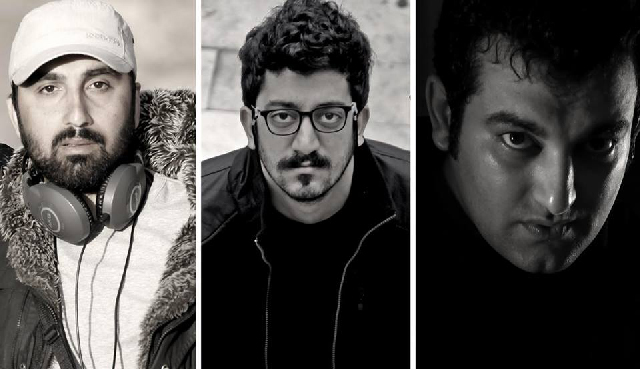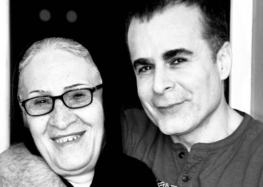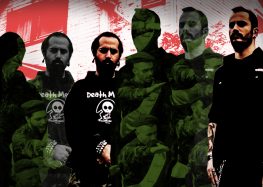Judge’s Tirade Bodes Poorly for Independent Music Producers in Iran

An Appeals Court judge has admonished collaborators of a popular music site for ignoring repeated warnings that they were operating illegally and having ties with Iranian singers abroad opposed to the Islamic Republic.
Mehdi Rajabian, musician/founder of BargMusic, an underground music distributor in Iran, along with his filmmaker brother Hossein Rajabian and musician Yousef Emadi, appeared at Branch 54 of Tehran Province Appeals Court on December 22, 2015.
In Iran, musicians need government authorization in order to hold concerts and produce music. Government scrutiny is stringent, and only music passing official censors receive licenses. As a result, musicians have been pushed underground, and it is within this context that the BargMusic website, established by Mehdi Rajabian in 2009, became a portal for distributing Iranian underground and alternative music.
Nevertheless, BargMusic operated openly, and reportedly applied several times for an official permit from the Ministry of Culture and Islamic Guidance.
A source told the International Campaign for Human Rights in Iran that during the hearing, which lasted 45 minutes, presiding Judge Babaei told the defendants that 90 notices had been sent to them warning that BargMusic’s activities were illegal. He also repeated the accusation that the three artists had promoted female singers as well as “political and anti-revolutionary” ones based abroad.
A decision on the appeal is expected in the coming days.
In May of 2015, a preliminary court presided over by Judge Moghisseh sentenced the Rajabian brothers and Emadi to six years in prison for “insulting the sacred” and “propaganda against the state” through the production and promotion of underground music. They were also fined 200 million tooman (about $66,650) each.
The three music distributors were arrested by Iran’s Revolutionary Guards Intelligence Organization in October 2013. They were held in solitary confinement for two months at Ward 2-A of Evin Prison, where they were put under intense pressure to accept make false televised confessions.






